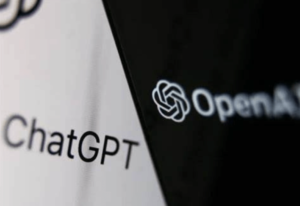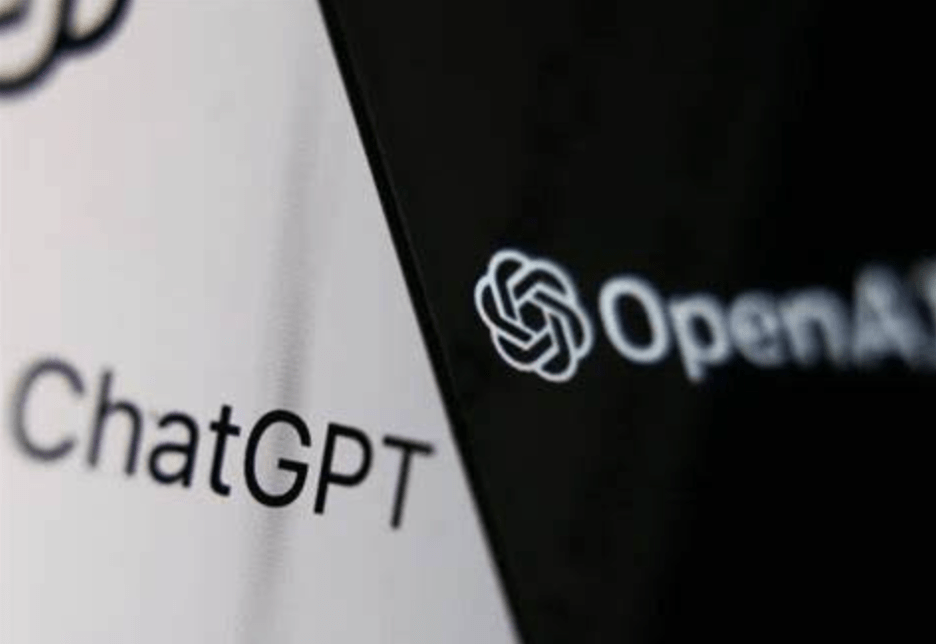ChatGPT is a hot topic, leading a few of my colleagues to ask me as a writer what I think of the technology. I write content for tech companies and most of my contacts freely confess that they or more often their experts struggle with writing. If a tool could do that job for them they would be happy and I would have to find a different hobby. Overlooking the usual hype around anything AI, I have seen a few examples of ChatGPT rewrites which I found impressive. Since I can’t get onto the site to test it myself (overload?), I must base what follows on those few samples.

As a promoter of AI, I can’t credibly argue that my expertise should be beyond AI’s reach. Instead, I spent some time thinking about where it might help and where it probably would not be as helpful. This I condensed into four objectives I consider important in effective writing: style, expertise, message, and impact (SEMI, conveniently 😊). Think of these as layers which progressively build an impression for a reader, rather than sequential components.
SEMI
Style: Inexperienced writers commonly spend too much time here, suggesting a possible advantage for novices. Write a first pass in your own style, then run it through the tool. ChatGPT will output reasonable length sentences and paragraphs in a conversational style. Probably easier to read than your first-pass. I haven’t been able to check if it supports conference paper style (3rd person, passive voice, etc.). The technology seems like it could offer a real advantage to anyone agonizing over their awkward prose or endlessly circling around the right way to phrase a particular sentence. That said, I advise reading the output carefully and correcting as you see fit.
Expertise: AI isn’t magical. ChatGPT is trained over huge amounts of data but almost certainly not huge amounts in your specialized niche. It can provide well-written general prose embedding your technical keywords or phrases, but your readers are looking for expert substance or better yet novel expert substance, not prose decoration around tech/buzz keywords. Only you can provide that depth, through examples and analysis. ChatGPT can still help with style after you have written this substance.
Message: Your target readers are looking for articles with a point. What is the main idea you want to convey? Implicitly perhaps “buy my product”, but raw commercials have a small audience. The message should be a useful and informative review of a general opportunity, need or constraint in the market you serve. Something readers will find valuable whether or not they want to follow up. The message should shape the whole article, from opening to closing paragraph. I very much doubt that ChatGPT can do this for you unless that message is already written into the input text.
Impact: What should I remember the day after or a week after I have read your article? We don’t remember lists. Your article should build around one easily remembered message. We also don’t remember “more of the same” pitches. We remember novelty, a new idea or twist which stands out from an undifferentiated background of “me too” claims from others. Novelty can be in the message, in the expert examples you present, or in a (product independent) claim of the characteristics of a superior solution. You should also consider that your article leaves an impression about yourself and about your company, as a source to be trusted. Or otherwise.
One last note. Readers develop impressions in SEMI order. I don’t approach writing in this order. I first think about the message. For expertise, I specialize in a relatively narrow range of technologies, and I talk to client experts before I write to provide me with strong and current examples. Style is something I have developed over the years, though I will certainly experiment with ChatGPT when the site again becomes available. Finally, lasting impact starts with the message. I finish the first draft then move onto something else for at least a day. Coming back later gives me time to mull over and consider improvements to better meet each of the SEMI objectives.
I’d be interested to hear about your ChatGPT experiments 😊
Also Read:
All-In-One Edge Surveillance Gains Traction
2022 Retrospective. Innovation in Verification
Formal Datapath Verification for ML Accelerators
Share this post via:






TSMC vs Intel Foundry vs Samsung Foundry 2026